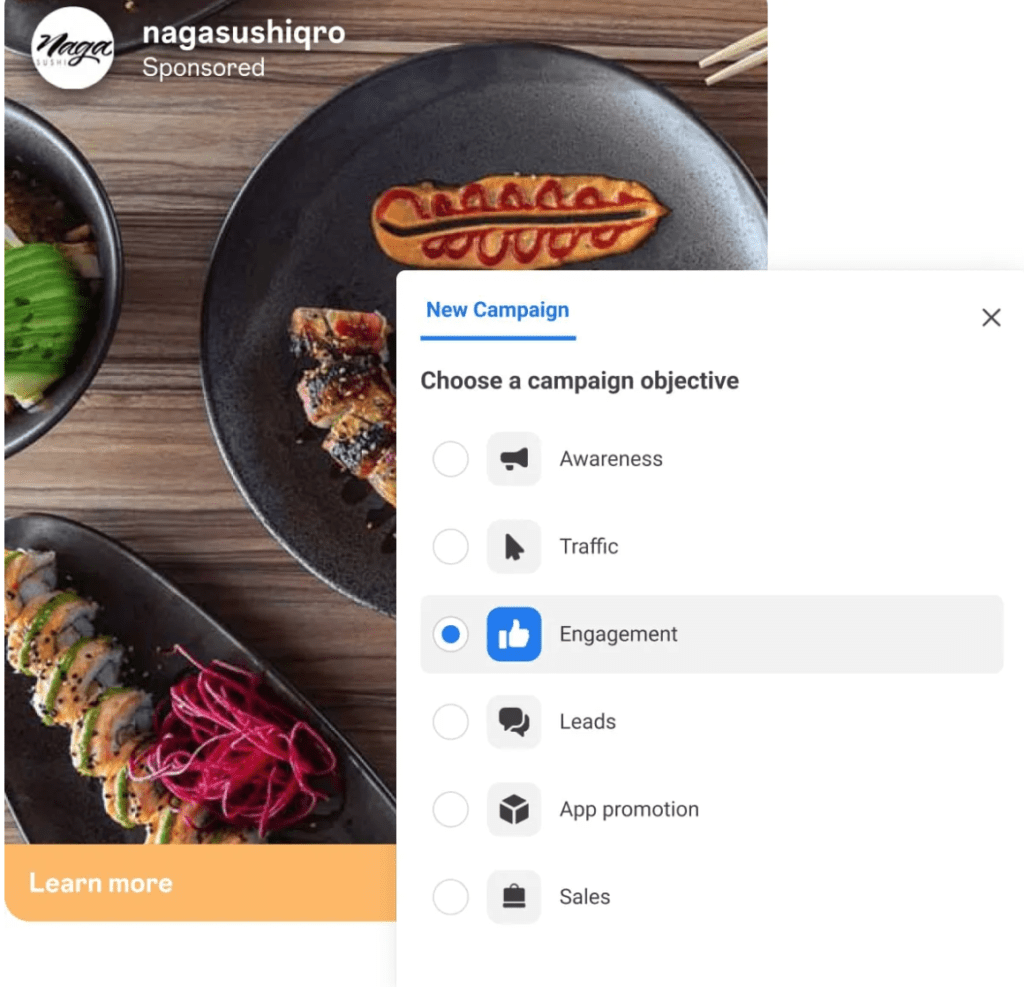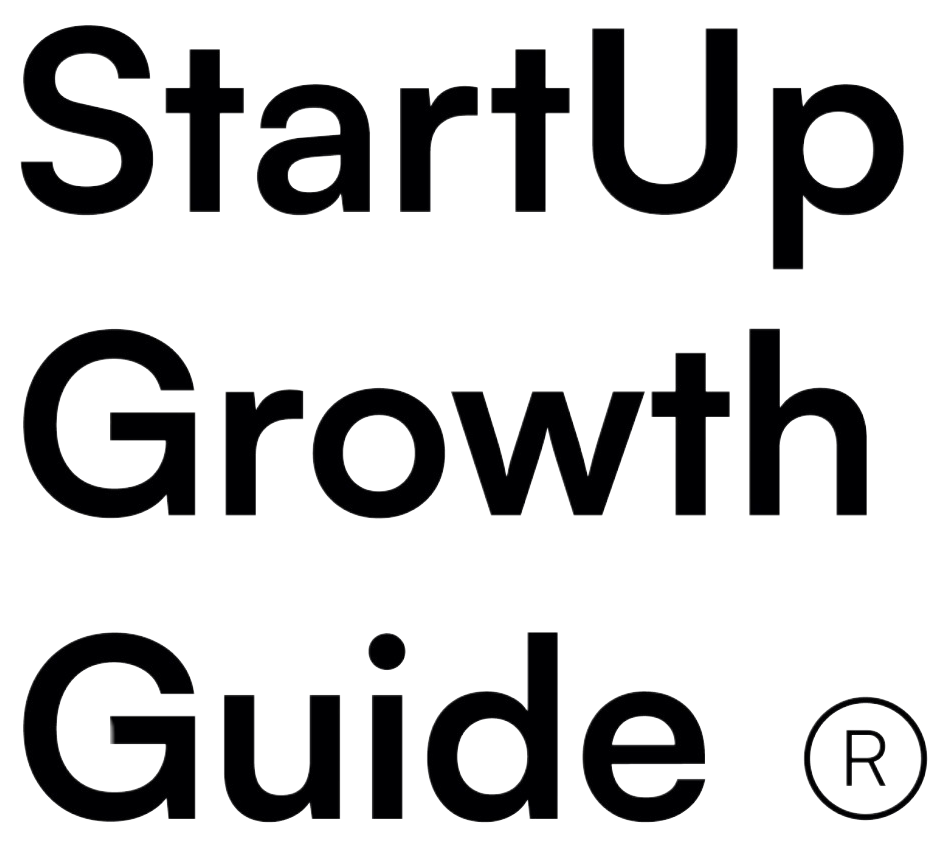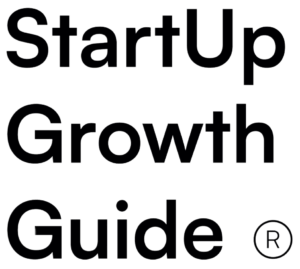Running PPC ads is one of the easiest ways to grow your e-commerce business.
Online advertising has proven itself as the most effective form of direct marketing available today. PPC campaigns would help your e-commerce business gain exposure and boost sales in your target market through sophisticated advertising techniques.
This guide takes you through the process of planning and running a successful PPC campaign.
How Your E-commerce Business Benefits From PPC Campaigns
- With PPC, you only pay for ads that work. It’s one of the most cost-optimised models of advertising. You set your budget, and your PPC campaign can be as massive or small as you want.
- PPC automates audience targeting and audience segmentation for ads. This dramatically boosts your chances of success because you are not just casting your net randomly; you advertise directly to people who need exactly what you have to offer.
- PPC advertising is data-friendly; you have access to vital statistical data about your audience and campaign results. This fits the e-commerce business model, which itself is heavily data-backed.
PPC Success Factors for Your E-commerce Business
There are a lot of factors that go into running an effective PPC campaign. You have to make sure that the keywords used are relevant to your business, optimize the bids for profitability, and also make sure that all of your ads are showing up in the right places.
How do you tie up all these responsibilities nicely for a smooth sail?
Set Your Objectives
An ad campaign without a clear objective is almost likely heading for failure. And even if it ‘succeeds’, how would you determine that without setting primary goals?
Every step from planning your ad to securing conversions rests upon what goals you are trying to achieve. For an e-commerce business, the goal is almost always to increase sales.
While that may be the ultimate goal, you also need to define the finer details of expectations that lead to the ultimate goal, such as awareness, website, traffic, audience engagement, and so on.
Craft Your Ad Copy Carefully
Google ads are primarily text-based, and clicking through takes the user to a landing page. A landing page aims to persuade; therefore, your ad copy must feature compelling content, from the title tag and headline to the content body and everything in between.
Social media ads, especially on Facebook (which also controls Instagram and Messenger ads), are far more dynamic, integrating various content formats. Crafting an attractive ad copy is the first step to success.

Conduct Detailed Research
A successful ad comes after detailed research. Researching your audience gives you essential insights into their needs and desires.
Likewise, researching keywords helps you to know what’s most likely to attract your audience.
As you must already know, now two keywords are the same; the goal is to find the keywords with the most significant potential for conversion. Research helps you to achieve this.
Optimise Bidding Process
If you have done proper research, the bidding process should be smooth sailing. Bids determine how much you would pay for every click on your ad. This depends on how profitable the keyword is; high-volume keywords require higher bids.
If you are running ads on a budget, you should find the sweet spot between keyword volume and profitability to optimize your expenses. The average cost per click for Facebook ads is $1.72, while for Google, it’s $2.32
Measure Key Performance Indicators
It is crucial to clarify your key performance indicators and metrics for measuring ad performance.
This is not the same across the board. Between the two most popular PPC ad platforms, Google and Facebook, the former has a higher average click-through rate, but the latter has a higher conversion rate.
The reason is that, for your ads to be displayed to Google Search users, there must be some intent already. On Facebook, this is not required, but a click-through guarantees more genuine interest.
When an E-Commerce Business Does Not Need PPC
It is worth pointing out that PPC is not a silver bullet for e-commerce businesses, and in some instances, it might even drag your business backward.
An example is if you are selling generic low-cost items. That’s a high-competition space where it is unlikely for a small business to make much profit.
Let’s assume that you are selling a $10 item and the cost per click of the best keyword is about $6. If it takes two clicks ($12) for a customer to get convinced and buy the item ($10), you would have lost $2 in the process.
Modern PPC is optimized around profitability, and you should run your PPC ads in a way that minimizes expenses but maximizes profit.
Conclusion
PPC ads are one of the most effective ways to get the word out about your products if you’re running an e-commerce store. You can use them to attract new customers, generate leads, and keep customers shopping and coming back for more.
To successfully develop a robust online presence, you’ll need a well-thought-out PPC ad strategy that’s smart, realistic, and data-driven.
About The Author
Micheal Chukwube
Micheal Chukwube is a professional content marketer and SEO expert. He’s the Founder of BizTech Agency, and his articles can be found on StartUp Growth Guide, ReadWrite, Tripwire, and Infosecurity Magazine, amongst others.
Share this:
- Click to share on Twitter (Opens in new window)
- Click to share on Facebook (Opens in new window)
- Click to share on LinkedIn (Opens in new window)
- Click to share on Pinterest (Opens in new window)
- More
- Click to share on Telegram (Opens in new window)
- Click to share on Reddit (Opens in new window)
- Click to share on Pocket (Opens in new window)
- Click to print (Opens in new window)
- Click to share on Tumblr (Opens in new window)
- Click to share on WhatsApp (Opens in new window)
- Click to share on Mastodon (Opens in new window)








